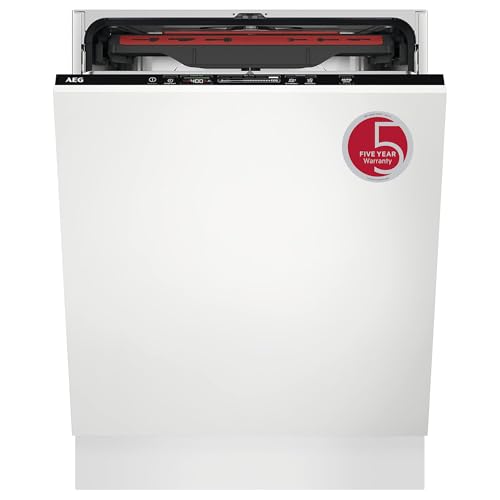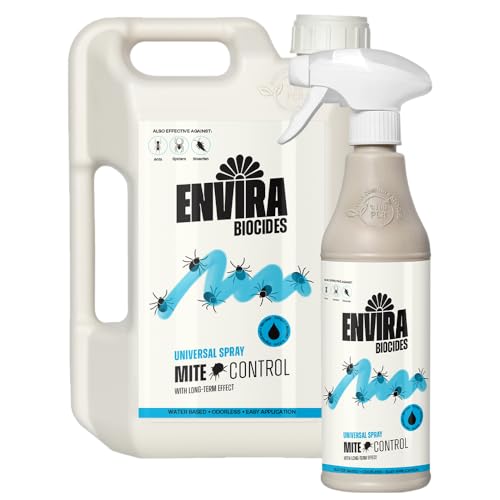



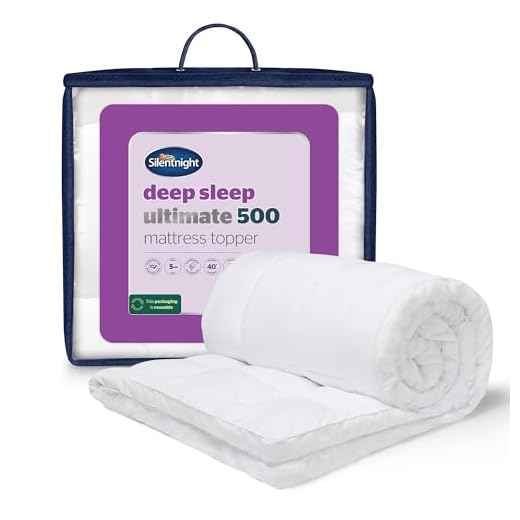
When it comes to washing our bedding, many of us are unsure of how often we should be doing it. Should it be a weekly task, or can we get away with washing it less frequently? Experts agree that regular washing of your sheets, pillowcases, and blankets is crucial for maintaining good hygiene and keeping your bed clean and fresh.
According to research, we spend about a third of our lives in bed, so it’s important to ensure that the environment we sleep in is as clean as possible. Bedding collects sweat, dead skin cells, dust mites, and other allergens that can trigger allergies and disrupt our sleep. Regular washing can help prevent the buildup of these particles and create a healthier sleeping environment.
Most experts recommend washing your sheets and pillowcases at least once a week. This frequency ensures that any dirt, oils, or sweat that accumulate on your bedding during the week are removed. If you or your partner have allergies or asthma, it may be advisable to wash your bedding even more frequently, perhaps every few days. Additionally, if you have pets that sleep with you, their fur can also contribute to the buildup of allergens, so more frequent washing may be necessary.
Importance of Clean Bedding
Clean bedding is essential for maintaining good hygiene and promoting healthy sleep. Here are several reasons why regularly washing your bedding is important:
- Prevents Dirt and Dust Build-up: Bedding can accumulate dirt, sweat, dead skin cells, and dust mites over time. Regular washing helps to remove these allergens and keeps your bed clean and fresh.
- Reduces the Risk of Allergies: Dust mites, pet dander, and pollen can trigger allergies and asthma symptoms. By washing your bedding frequently, you can minimize the presence of these allergens, creating a healthier environment for sleep.
- Controls Bacterial Growth: Moisture from sweat and body oils can create a breeding ground for bacteria on your bedding. Regular washing with hot water can help kill bacteria and prevent skin infections or other health issues.
- Eliminates Unpleasant Odors: Sleeping on dirty bedding can lead to unpleasant odors in your bedroom. Washing your sheets, pillowcases, and blankets regularly can keep your sleep environment smelling fresh and clean.
- Improves the Lifespan of Your Bedding: Frequent washing of your bedding helps to maintain its quality and extends its lifespan. By keeping your bedding clean, you can prevent stains, discoloration, and fabric degradation over time.
It is recommended to wash your bedding at least once every two weeks or more often if needed. Sheets and pillowcases should be washed at a higher frequency since they come into direct contact with your skin and absorb sweat and oils. Comforters, duvets, and mattress protectors can be washed less frequently, but it is still important to regularly clean them to maintain hygiene.
In summary, keeping your bedding clean is essential for your health and well-being. Regular washing helps to remove dirt, allergens, bacteria, and odors, ensuring a fresh and comfortable sleep environment. Follow the recommended guidelines for washing frequency to maintain your bedding’s cleanliness and quality.
Why Regular Washing Is Essential for Bedding Hygiene
Regular washing of bedding is crucial for maintaining proper hygiene and ensuring a healthy sleeping environment. Your sheets, pillowcases, and duvet covers come into contact with your body every night, and if not cleaned regularly, they can harbor bacteria, allergens, dust mites, sweat, and dead skin cells.
Benefits of Regular Washing
- Eliminates Bacteria: Washing your bedding regularly helps to remove bacteria that can accumulate from sweat, saliva, and other bodily fluids. This reduces the risk of infections and skin irritations.
- Controls Allergens: Dust mites, pet dander, and pollen can accumulate in your bedding, triggering allergies or asthma. Washing your bedding in hot water can help to kill dust mites and reduce allergen exposure.
- Removes Sweat and Body Oils: Over time, sweat and body oils can seep into your bedding, creating an ideal breeding ground for bacteria and causing unpleasant odors. Regular washing prevents build-up and keeps your bedding fresh.
- Improves Sleep Quality: Clean bedding can contribute to a better night’s sleep, as it feels more comfortable and fresh. It can also help to reduce skin irritations and allergies, allowing for a more restful sleep.
Recommended Washing Frequency
The frequency of washing your bedding depends on several factors, including personal hygiene, allergies, and how frequently the bedding is used. As a general guideline, it is recommended to wash your sheets and pillowcases once a week. However, individuals with allergies or excessive sweating may need to wash their bedding more frequently, such as every 3-4 days.
Duvet covers should be washed every 1-2 months, or more often if they are visibly soiled. Pillows and mattress protectors should also be washed regularly, following the manufacturer’s instructions.
Tips for Proper Bedding Care
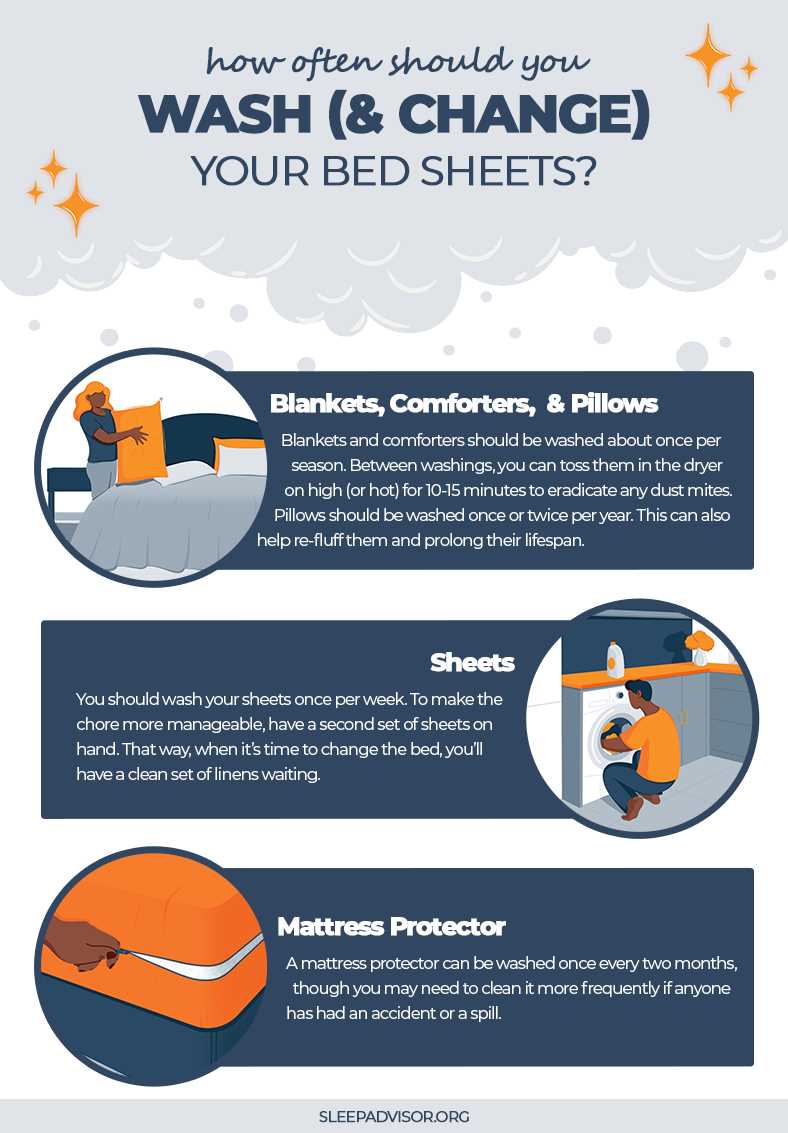
- Always check the care labels on your bedding for specific washing instructions.
- Wash your bedding in hot water (at least 60°C) to kill bacteria and dust mites.
- Use a mild detergent that is suitable for your bedding material.
- Consider using a hypoallergenic laundry detergent if you have allergies or sensitive skin.
- Dry your bedding thoroughly before putting it back on your bed to prevent mold or mildew growth.
- Rotate your pillows regularly and fluff them to maintain their shape and reduce the build-up of allergens.
- Avoid eating or drinking in bed to prevent spills and stains, which can be difficult to remove.
By following these practices and establishing a regular washing routine, you can ensure that your bedding remains clean, hygienic, and comfortable for a good night’s sleep.
Factors to Consider

-
Personal Hygiene: The first factor to consider is personal hygiene. How often you should wash your bedding depends on your personal habits and level of cleanliness. If you shower daily before going to bed and have a generally clean lifestyle, you may not need to wash your bedding as frequently as someone who is less hygienic.
-
Allergies and Sensitivities: Individuals with allergies or sensitivities may need to wash their bedding more often. Dust mites, pet dander, and pollen can collect in your bedding, triggering allergies and causing discomfort. Washing your bedding frequently can help reduce these allergens and provide relief.
-
Environmental Factors: The environment you live in can also impact how often you should wash your bedding. If you live in a humid climate, sweat and moisture can accumulate more quickly. Similarly, if you live in an area with high air pollution, your bedding may become dirtier faster.
-
Bedroom Habits: Your bedroom habits can also affect how quickly your bedding gets dirty. If you eat or drink in bed, or if you have pets that sleep with you, you may need to wash your bedding more frequently to remove stains, odors, and pet hair.
-
Type of Bedding: The type of bedding you have can also impact how often you should wash it. Sheets and pillowcases that come into direct contact with your skin should be washed more often compared to comforters or duvets that are used as a top layer and may not touch your body directly.
Overall, it is recommended to wash your bedding at least once every two weeks to maintain a clean and hygienic sleeping environment. However, you may need to adjust this frequency based on the factors mentioned above and your individual needs.
Different Bedding Types and Cleaning Frequencies

Pillows
- Cotton and Synthetic Pillows: It is recommended to wash these pillows every 3-6 months. Follow the care instructions on the label for best results.
- Down and Feather Pillows: These pillows should be washed every 6-12 months, or as needed. It is important to use a gentle cycle and mild detergent when washing down and feather pillows.
- Memory Foam Pillows: Memory foam pillows should be spot cleaned regularly and washed only if necessary. Follow the care instructions provided by the manufacturer.
Sheets
- Cotton and Percale Sheets: These sheets should be washed every 1-2 weeks, or as needed. Use a gentle cycle and warm water to avoid shrinking or damaging the fabric.
- Satin and Silk Sheets: It is recommended to wash these sheets every 2-3 weeks to maintain their quality. Handwashing or using a delicate cycle and cold water is preferred for satin and silk sheets.
- Flannel Sheets: Flannel sheets should be washed every 1-2 weeks, depending on personal preference and usage. Wash them using a gentle cycle and warm water.
Comforters and Duvets
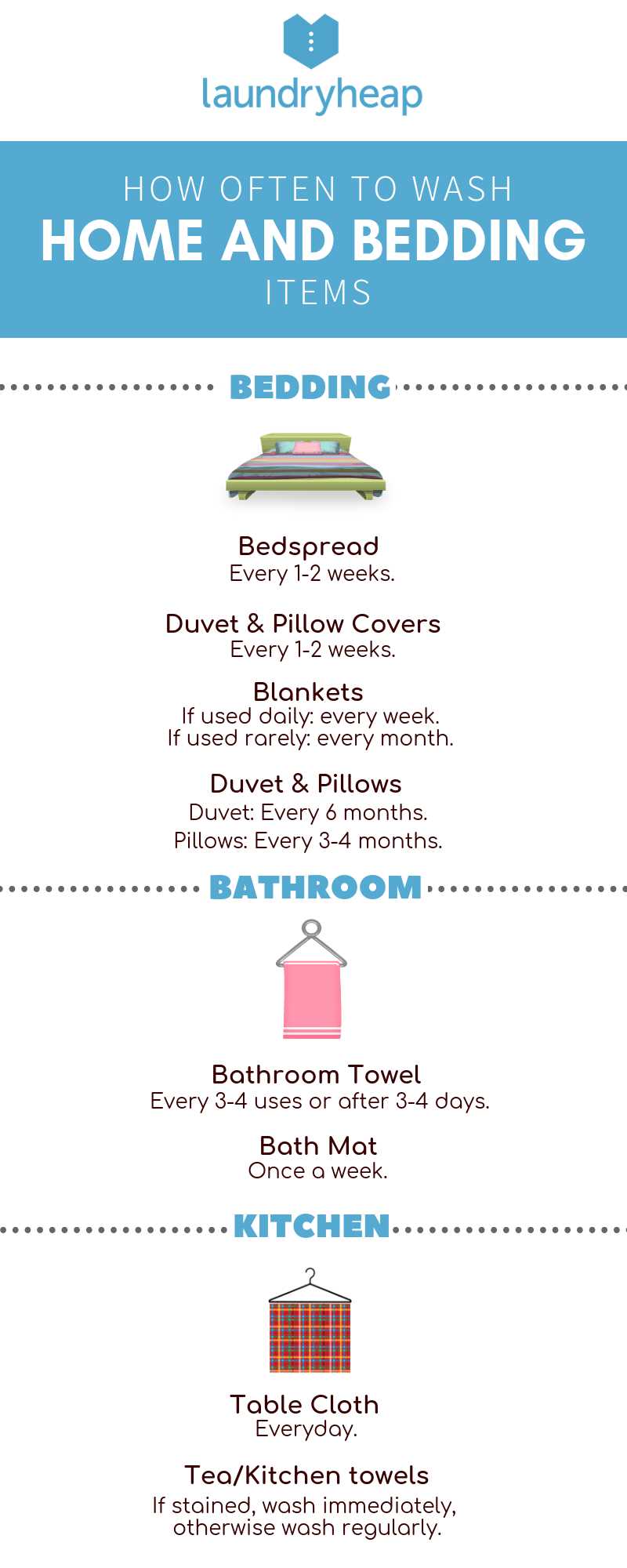
- Cotton and Synthetic Comforters/Duvets: It is recommended to wash these bedding items every 3-6 months. Follow the care instructions provided by the manufacturer.
- Down and Feather Comforters/Duvets: These bedding items should be washed every 6-12 months, or as needed. Use a gentle cycle and mild detergent when washing down and feather comforters/duvets.
- Quilts and Coverlets: Quilts and coverlets should be washed every 1-3 months, depending on usage. Follow the care instructions on the label for best results.
Mattress Protectors
Mattress protectors should be washed every 2-3 months to keep them clean and free from dust mites and allergens. Follow the care instructions provided by the manufacturer.
Pillowcases
Pillowcases should be washed every 1-2 weeks, along with your sheets. This helps to maintain good hygiene and prevent the buildup of oils and dirt on your pillowcases.
Blankets
Blankets should be washed every 1-3 months, depending on usage and personal preference. Follow the care instructions on the label for specific cleaning instructions.
Mattresses
Mattresses can be vacuumed and spot cleaned regularly to remove dust and stains. Consider using a mattress protector to extend the lifespan of your mattress and reduce the need for frequent cleaning.
Bed Skirts and Dust Ruffles
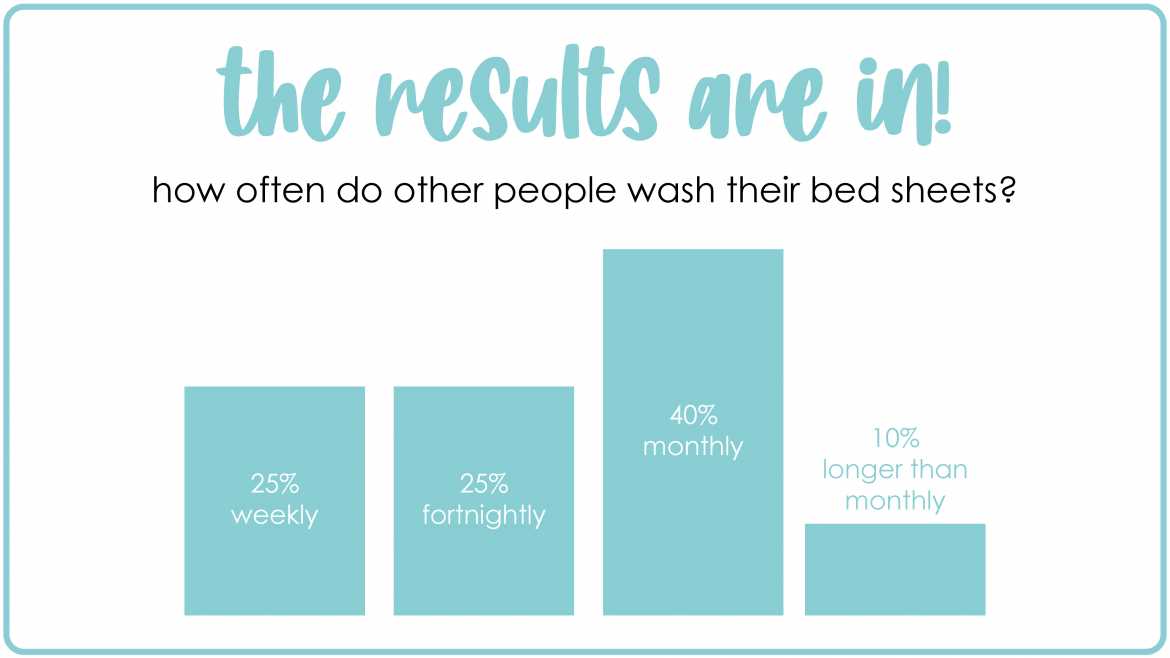
Bed skirts and dust ruffles should be washed every 1-3 months, or as needed. Follow the care instructions on the label for specific cleaning instructions.
Remember, these are general recommendations and the cleaning frequency may vary depending on personal preference, allergies, and any specific instructions from the manufacturer. It is always a good idea to check the care instructions provided by the manufacturer for each specific bedding item.
Expert Recommendations
- Frequency: Experts recommend washing bedding once every 1-2 weeks.
- Pillowcases: Pillowcases should be washed more frequently, ideally every 3-4 days.
- Sheets: Sheets should be washed at least once every 1-2 weeks, but may need to be washed more frequently if you sweat a lot or have allergies.
- Duvet covers: Duvet covers should be washed at least once every 1-2 weeks, or as often as needed if they become dirty or stained.
- Pillows: Pillows should be washed every 3-6 months, or as often as needed if they become dirty or develop an odor.
- Mattress protectors: Mattress protectors should be washed every 1-2 months, or as often as needed if they become soiled.
- Blankets and comforters: Blankets and comforters should be washed every 2-3 months, or as often as needed if they become dirty or stained.
- Mattresses: While you can’t exactly wash a mattress, it’s important to keep it clean by vacuuming it regularly and using a mattress protector.
Remember, these recommendations are general guidelines. You may need to adjust your washing frequency based on personal preferences, health conditions, or other factors. Always check the care instructions on your bedding for specific washing recommendations.
How Often Should You Wash Your Sheets?
Keeping your sheets clean is essential for maintaining a healthy and comfortable sleep environment. Here’s a guide on how often you should wash your sheets:
Bedding Type
Your washing frequency may vary depending on the type of bedding you have:
- Cotton Sheets: It is recommended to wash cotton sheets once a week to remove sweat, dead skin cells, and dust mites.
- Satin Sheets: Satin sheets should be washed at least once every two weeks to maintain their smooth texture and appearance.
- Flannel Sheets: Flannel sheets should be washed every 10-15 days to remove oils and prevent pilling.
- Linen Sheets: Linen sheets can be washed every 1-2 weeks, depending on personal preference, as they tend to get softer with each wash.
Consider Other Factors
In addition to the type of bedding you have, there are other factors to consider when determining how often to wash your sheets:
- Personal Hygiene: If you sweat excessively or have skin conditions, you may need to wash your sheets more frequently.
- Allergies: If you suffer from allergies, washing your sheets weekly can help remove allergens and keep your sleep environment clean.
- Pets: If you allow pets on your bed, washing your sheets more often is recommended to remove pet dander and fur.
Bedding Maintenance Tips
Here are some additional tips to keep your sheets fresh and clean:
- Rotate your sheets regularly to ensure even wear and tear.
- Use a mattress protector to prevent spills and stains from reaching your sheets.
- Follow the care instructions provided by the manufacturer for washing and drying your sheets.
- Consider using hypoallergenic detergent to minimize irritation.
- Hang your sheets to dry in the sun occasionally to naturally freshen them.
By following these guidelines and taking proper care of your sheets, you can enjoy a clean and comfortable sleeping environment. Remember that personal preferences may vary, so adjust the washing frequency to suit your needs.
How Often Should You Wash Your Pillows and Duvets?
Pillows and duvets are an essential part of our bedding, providing comfort and support while we sleep. But how often do you actually need to wash them?
Experts recommend washing pillows and duvets every six months to ensure they stay clean and hygienic. However, there are a few factors that can affect this recommended frequency.
1. Allergies and asthma

If you or someone in your household suffers from allergies or asthma, it’s important to wash your pillows and duvets more frequently. Dust mites, pet dander, and other allergens can accumulate in bedding, which can trigger allergies and worsen asthma symptoms. Washing pillows and duvets every three months is recommended in these cases.
2. Sweat and body oils

Sweat and body oils can also build up in pillows and duvets over time. If you tend to sweat heavily at night or have oily skin, it’s a good idea to wash your bedding more often. Every three months is a suitable frequency to maintain cleanliness and prevent any unpleasant odors.
3. Stains and spills

If your pillows or duvets become stained or have any spills, it’s important to wash them as soon as possible. Depending on the severity of the stain, you may need to spot clean or wash the entire item. Dealing with stains promptly will help avoid any permanent damage and keep your bedding fresh.
4. High-quality materials
Pillows and duvets made from natural and high-quality materials tend to last longer and require less frequent washing. These materials are often more resistant to dust mites and other allergens, making them a good choice for those with allergies or asthma. Washing every six months should be sufficient for maintaining their cleanliness.
5. Washing instructions

Always check the care instructions provided by the manufacturer before washing your pillows and duvets. Different materials may have specific requirements, such as temperature limits or special cleaning agents. Adhering to these guidelines will help preserve the quality and lifespan of your bedding.
In conclusion, washing pillows and duvets every six months is generally recommended. However, certain factors such as allergies, sweat, stains, the quality of materials, and washing instructions may require more frequent cleaning. Keeping your bedding clean and fresh will not only enhance your sleep experience but also contribute to a healthy sleep environment.
FAQ
How often should I wash my sheets?
Experts recommend washing your sheets once a week to maintain cleanliness and hygiene.
Is washing sheets once a month enough?
No, washing your sheets once a month is not enough. It is recommended to wash them at least once a week to remove sweat, dead skin cells, and bacteria.
Are there any exceptions to washing bedding once a week?
There may be exceptions if you have certain conditions or allergies. In those cases, you might need to wash your bedding more frequently, like every 2-3 days.
What happens if I don’t wash my sheets regularly?
If you don’t wash your sheets regularly, it can lead to the accumulation of dirt, sweat, oils, and allergens. This can result in bad odors, skin irritation, and potentially worsen allergies or respiratory issues.
How should I wash my bedding to ensure cleanliness?
To ensure cleanliness, wash your bedding in hot water (at least 60°C), use a suitable detergent, and consider using bleach or a disinfectant. It is also important to dry your bedding thoroughly before using it again.




